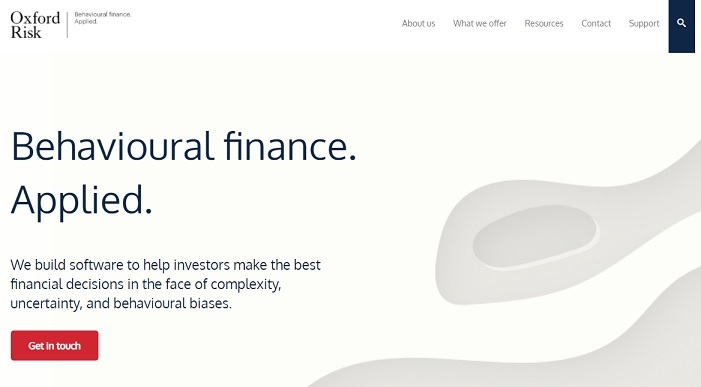The impact of the Coronavirus pandemic had led to a large increase in the numbers of younger people taking financial advice, but financial advisers are poorly equipped to help clients deal with the emotional and psychological roller-coaster ride their clients have endured during the Coronavirus pandemic, and the impact it has had on markets and their investments, according to new research.
Since the start of the Coronavirus pandemic, 16% of people aged 18-34 with stock market related investments and savings took more professional financial advice than they normally would have done, according to the research from behavioural finance technology firm Oxford Risk.
This figured compared to just 6% of overall investors.
Only 38% of investors aged 18-34 said they had not taken any professional financial advice during the crisis, in comparison to 60% of all investors.
Oxford Risk says its findings reveal that the impact of the Coronavirus on savings and investments – especially during the early stages of the crisis – has meant that many young people who have not seen such market volatility and are less experienced investors turned to financial advisers for help and guidance.
However, the firm also said that many wealth managers and financial advisers are poorly equipped to help clients deal with the emotional and psychological roller-coaster ride their clients have endured during the Coronavirus pandemic.
Greg B Davies PhD, head of behavioural finance at Oxford Risk, said: “It is encouraging to see from our research that many investors – especially younger ones – turned to professional advisers to help guide them the market turmoil during the early stages of the Coronavirus crisis. However, unfortunately the systems many wealth managers have in place for supporting clients are too human heavy, inefficient, and front loaded to the beginning of the client relationship. They are poor at adjusting in scale to the changing circumstances during a crisis like the one we are in now.
“How wealth managers and IFAs understand the financial personality of clients is often limited to poor risk profiling, which is subjective to human assessment. They need to focus more on objective, science-based measures to provide a comprehensive picture of their clients. There is too much guesswork and not enough technology.”
Oxford Risk commissioned the research company Consumer Intelligence to interview 987 people across the UK. The sample represented the demographic profile of the UK. Interviews were conducted online between 25 and 29 September 2020.

